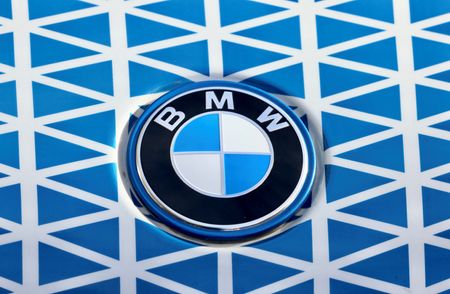 1
1 1
1

By Victoria Waldersee and Christina Amann
BERLIN (Reuters) -BMW is betting on efficient design and recycling to bring down battery costs and is steering clear of investing in mines, its finance chief said on Friday, setting it apart from some competitors digging deep into the supply chain.
“We don’t think it is right to invest in mines. We view it as more important to get back raw materials from cars and other products,” finance chief Nicolas Peter said in an interview.
BMW has its own battery cell research centre in Germany, but has left large-scale development to partners, placing multi-billion-euro orders with CATL and EVE Energy to produce battery cells in China and Europe.
Bringing down battery costs, most of which come from raw materials, is the key challenge for carmakers attempting to generate profits from EVs equivalent to those reaped from combustion engine cars, a target BMW hopes to reach with its “Neue Klasse” EV-only line launching mid-decade.
Some, like Volkswagen, are betting big on expanding their own battery production and investing in mines to secure control down the supply chain.
Mercedes-Benz said on Thursday it had made a “fundamental decision” to allocate capital to mining and had set up a raw material office in Canada, where it signed a raw materials agreement last year.
Investing in technologies requiring less raw critical minerals, including hydrogen-powered cars, was another way to bring down costs, Peter said.
The carmaker has a battery cell recycling facility via its joint venture in China, but does also not see the need to develop large cell recycling facilities of its own, Peter said.
Instead, it would prove demand for recycled raw materials via the sales growth of its electric cars, and work with partners to recycle at scale, he said.
“With our business development, we are creating the motivation to invest – but we do not need to develop big recycling facilities for battery cells ourselves,” Peter said.
(Reporting by Victoria Waldersee; Editing by Sharon Singleton)